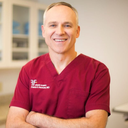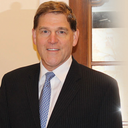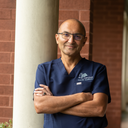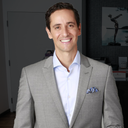Can local anesthesia be used if only rasping my nose bridge? (photo)
Does it depend on the surgeons preference if to choose to use local anesthesia? This will be a revision rhinoplasty. My nose bridge feels lumpy. I'm 7 months post op. I will havemy nostrils worked on with local anesthesia. I wonder if the same can be used on my nose bridge. There is no need to break it again (I think)







